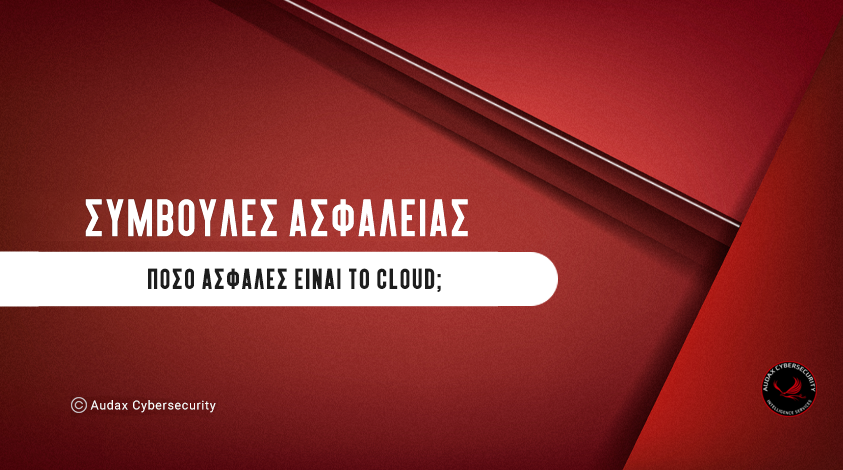In the digital era we are currently living in, it is well-known that each individual interacts with technological devices in their daily life. From mobile phones to tablets or computers, everyone uses these devices and has become fully familiar with their functionalities.
This familiarity has led to trust in storing various personal data in their memory. The solution that has been presented to access data from all devices on one platform is the cloud.
The term "cloud" refers to an online website or "cloud" where we store all our data from every device we use. By doing so, we have access to our personal data at any time, place, or through any means we wish to connect.
This online form of data storage is an extremely beneficial solution for both individuals and businesses in the modern era. However, it also hides multiple risks that anyone trusting sensitive data to such platforms should consider.
Presence Online
As mentioned earlier, the cloud is an online solution. Therefore, the data we wish to store is located in cyberspace, making it a target for interception and hacking. Frequent and varied are the leaks of sensitive information from celebrities to corporate confidential information.
External body
By storing online, we are effectively entrusting a third party and "foreign" party with our personal and sensitive data. It is therefore prudent to have done a thorough search and evaluation of the companies offering such services before making our choice. Elements we can use as criteria are:
-Cryptography code (encryption code) they use for data
-Security and protection software holding
-History of breach incidents
-Countermeasures implemented in past data interception incidents
Attempts to deceive
Like any other online provider, data storage companies are an extremely frequent target of online "attacks" and fraud. These "intrusions" are carried out either directly on the operator or on its customers. As far as the company is concerned, it is usually carried out with viruses or other forms of malicious software that "infects" the server. As for the customer, the approach usually involves misleading messages or requests to the customer to reveal their details, posing as the provider.
Being internet users, we cannot therefore avoid storing data online. Already, simply by having accounts in social networks, data such as photos, messages, interests, are automatically stored online. The issue, then, is the proper awareness of the risks of the cloud and the appropriate precautionary measures:
-Choose the right protection software for your devices
-Careful choice of cloud provider
-Avoidance and exclusion of misleading actions
-Do not share sensitive and confidential data that we do not want to be disclosed

